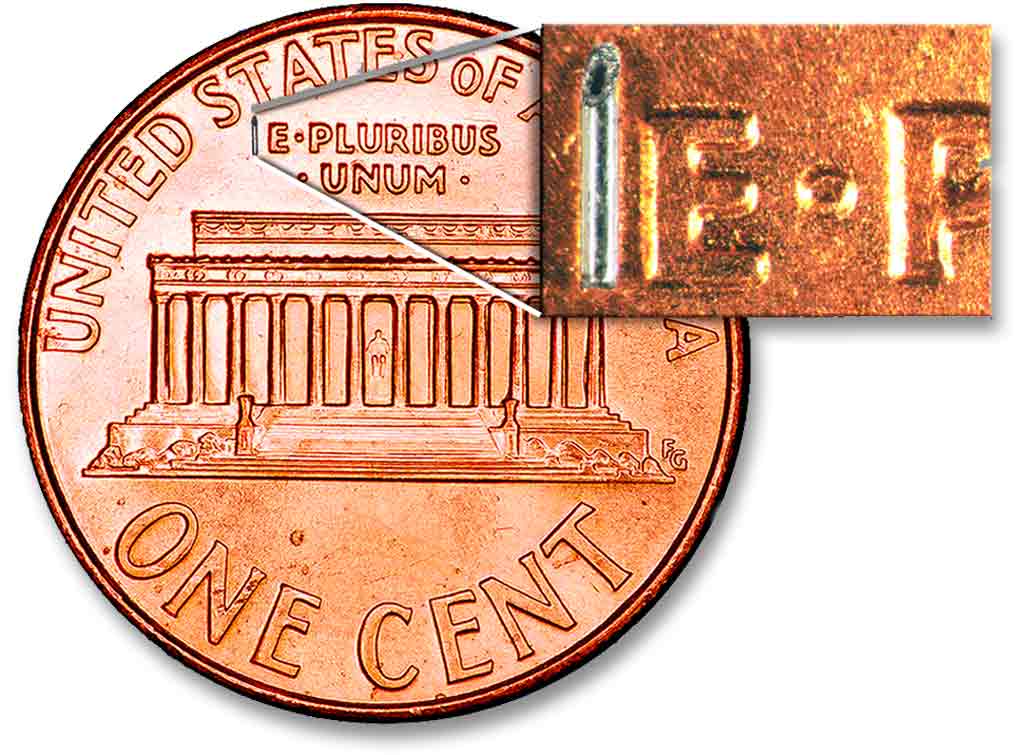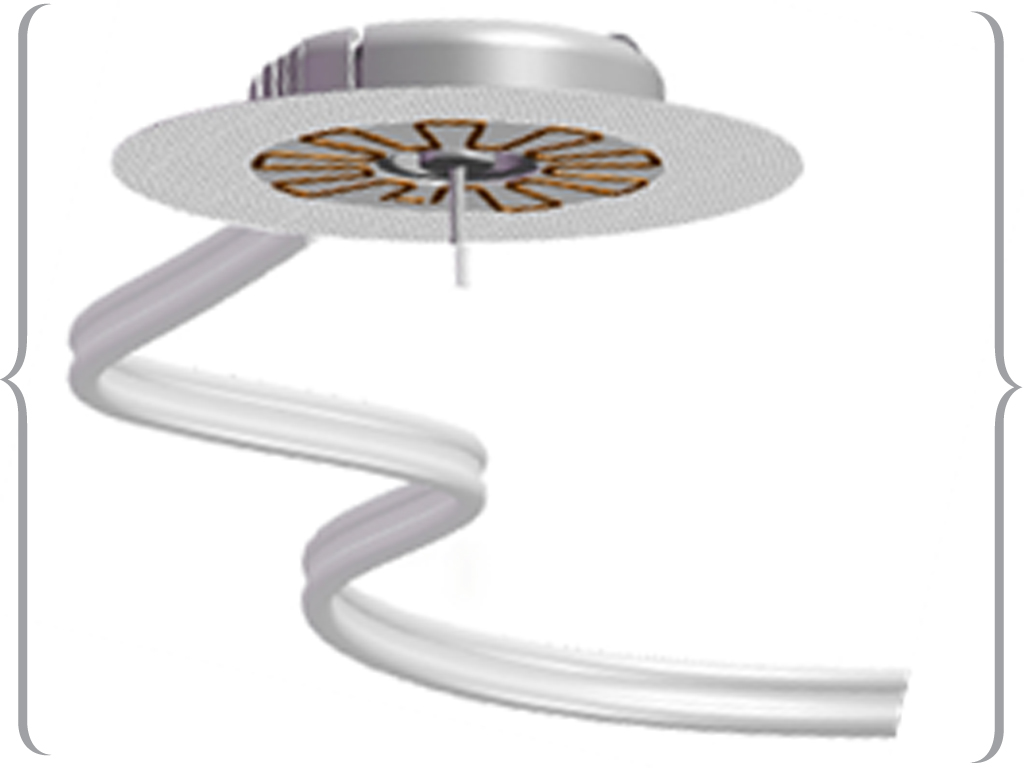Diabetes Coaching: What is It and Who Needs It?

Fitness and business coaches have been around for quite some time, helping people get to the next level. Diabetes coaching is no different; it’s about getting to the next level of where you want to be with your health and happiness. A football player needs more than just a rule book to win a game. He needs a coach to provide a larger perspective, deeper strategy, and personal motivation to go around any barriers to the goal line. While health providers and educators are focused on what to do (the rules), coaches are focused on how you feel about it, what you believe about it, and how to stay motivated long term.
Nearly all of my adult life has been spent in healthcare and managing my own Type 1 diabetes. I’ve learned that education comes second to motivation. If you were interviewing a potential employee who was disinterested, frustrated, sad, or angry, odds are that your expectation for his or her success would be pretty low. Truth be told, you wouldn’t hire someone like that because it isn’t logical to expect an excellent performance by an unmotivated person. But every day in healthcare, providers and educators expect us to play the game of diabetes daily, for the rest of our lives and do it perfectly. They focus on education because if we understood the risks, we would change, right? If that were true, smokers wouldn’t smoke, we would all work out every day, and McDonald’s would be out of business.
The truth is, we do what we believe will lead us away from pain and towards pleasure. Period. Willpower and fear motivate us initially but both eventually wear off. And as they do, we slip back into our comfort zones, where we feel safe and cozy: the foods we love, the comfy couch, retail therapy, the ear of a friend who can tolerate our whining, or the “fixer” who takes over. Anything that keeps us from noticing our pain. But while distraction may feel good for a while, you miss out on life’s greater blessings if your primary purpose is to avoid pain. So if fear and willpower don’t work, then what?
The easiest way to change behavior is to change what you believe to be true. So, step one is digging into your beliefs and frustrations to see what you motivates you. The process is a collaborative effort to put all the cards on the table and then take a good look at it together. Sometimes the answers are right in front of you, but you can’t see them. A coach helps you sort through these cards and develop a new perspective. And once you have it, you can’t “unhave” it.
I once attended a training session where we were shown the FedEx sign. Our instructor pointed out that there was an arrow between the E and the x. I had seen the sign a million times but never noticed the arrow. Today I always see the arrow because I can’t “unsee” it.
I have had the same experience with my diabetes. I originally thought of it as a snake, but now see it as a child for whom I need to care. Nothing changed but the thoughts between my ears, and things got a little easier.
Most people are not aware of the thoughts that are holding them back or causing self-sabotage, but everyone has them. Awareness changes how you view the world, how you respond to it, and what you believe about it.
So who needs a coach? Anyone whose thoughts sound like this: “I hate diabetes,” “I want off this crazy ride,” “I am never going to find someone to love me like this,” “this is too hard,” or “I am too tired.”
I have been there and had every one of those thoughts. I get it. But this is no way to live. You don’t have to spend the rest of your life feeling trapped and frustrated. You are already motivated by what you believe and what you perceive as your truth. What if relief was as easy as noticing an arrow in a logo?
Sure, there is “stuff” to work through, but if you are ready and willing, big changes can happen. Maybe you just need a coach to help change your game.
Do you have an idea you would like to write about for Insulin Nation? Send your pitch to submissions@insulinnation.com.
Thanks for reading this Insulin Nation article. Want more Type 1 news? Subscribe here.
Have Type 2 diabetes or know someone who does? Try Type 2 Nation, our sister publication.







